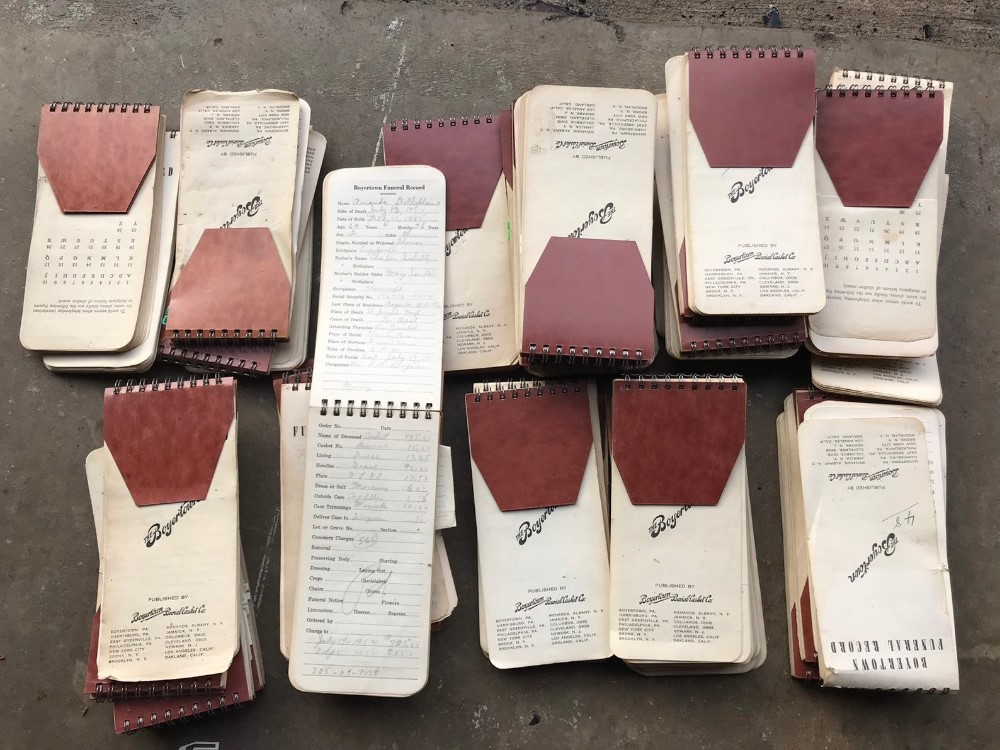Funeral records are an excellent source of genealogical information, providing insight into the life and death of our ancestors. They often include valuable details such as the date and place of death, age, cause of death, and the name and address of the funeral home or mortuary. Funeral records also often include information on the deceased’s parents, spouse, children, and other relatives, providing an excellent resource for tracing family history. This article explores the use of funeral records in genealogy, including their benefits, how to locate them, and how to interpret the information they provide.
Benefits of Funeral Records in Genealogy
Funeral records are an excellent resource for genealogists for several reasons. Firstly, they provide a wealth of information on the deceased, including their name, age, and date of death. This information is essential for creating accurate family trees and for verifying information obtained from other sources. Funeral records also often include information on the deceased’s cause of death, which can be valuable for understanding the health and living conditions of our ancestors.
Funeral records also frequently provide information on the deceased’s family, including the names of their parents, spouse, children, and other relatives. This information can be particularly useful for tracing family relationships and for identifying previously unknown relatives. Funeral records can also provide valuable information on the deceased’s occupation, religion, and other aspects of their life, which can help genealogists to build a more complete picture of their ancestors.
Locating Funeral Records
Funeral records can be found in a variety of places, including funeral homes, mortuaries, and archives. Many funeral homes and mortuaries keep records dating back several decades or even centuries, and some may be willing to share them with genealogists upon request. Archival collections, such as those held by historical societies, may also contain funeral records, particularly for prominent or influential individuals in the community.
Obituaries and death notices in newspapers can also provide valuable information that can be used to locate funeral records. These sources often provide the name of the funeral home or mortuary handling the deceased’s arrangements, which can be used to track down their records. Online databases and genealogy websites may also contain funeral records, although these sources should be used with caution and verified against other sources to ensure their accuracy.
Interpreting Funeral Records
Interpreting funeral records can be a complex process that requires careful attention to detail and a thorough understanding of the historical context in which they were created. Genealogists must pay particular attention to the accuracy of the information provided, as funeral records can sometimes contain errors or inconsistencies. For example, the age of the deceased may be incorrect, or the names of family members may be misspelled or listed in the wrong order.
It is also important to be aware of any cultural or religious traditions that may have influenced the information contained in funeral records. For example, some religious traditions may not include the deceased’s cause of death, while others may provide extensive information on their spiritual beliefs and practices. Genealogists should also be aware of any language or terminology that may be specific to a particular time period or geographic location, as this can affect the interpretation of the information.
Conclusion
Funeral records are an invaluable source of genealogical information that can provide insight into the lives and deaths of our ancestors. They offer a wealth of details on the deceased and their family, including their names, ages, dates of death, causes of death, and other key information. While funeral records can be found in a variety of places, genealogists must be careful when interpreting the information they contain, paying close attention to accuracy and cultural context. By using funeral records in their research, genealogists can gain a deeper understanding of their ancestors and build a more complete picture of their family history.

